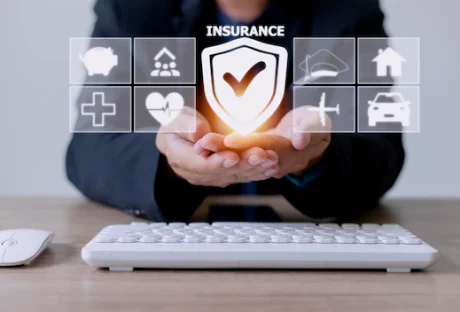Have you developed a liking towards Bitcoin investments? Are you thinking of investing in Bitcoins? Do you know the goods and bad of Bitcoin investment? Before putting your money into something, you should get the proper knowledge and understanding about it.
The same also goes for Bitcoin investment as well. So, before you start your investment procedure, here are some good and bad things you should consider before investing in Bitcoins. This will help you to sort things out accordingly.
5 Good Things To Consider Before Investing In Bitcoins
Let’s start the discussions with the good things that you will be able to utilize when you invest a considerable amount of money in Bitcoin.
1. Massive Potential Returns
You might have heard several crazy stories about people making money with Bitcoin. Well. All of them are not scams, and some of them are actually true. Bitcoin investment has the potential to reward you with massive returns only if you plan properly.
2. Liquidity
Bitcoin’s liquidity is another good thing you should consider while thinking of investing in Bitcoin. You can buy Bitcoins whenever you want with your traditional cash money. You also can transfer your Bitcoins into traditional fiat money.
3. Transparency
Blockchain is the foundation stone of Bitcoin or almost any other Cryptocurrencies. Blockchain is an open-source ledger, which is famous for its transparency. The same also goes for Bitcoin as well. All of the bitcoin traders are in love with the transparency of Bitcoin.
4. Decentralized
Bitcoin is totally decentralized. It means no centralized system or government has authority over it. It is free from all centralized rules and regulations. The legal changes that the government imposes on the traditional currencies are not applicable for Bitcoins.
5. Limited Numbers
The number of Bitcoins is limited to 21 million. That means only 21 million Bitcoins can be mined, among them more than 18 million, i.e., 83% of the Bitcoins are already mined. This ensures there will never be inflation in the Bitcoin Market.
5 Bad Things To Consider Before Investing In Bitcoins
After considering the good things about Bitcoin, it is time to look at the bad side of investing in Bitcoins. Apart from knowing the advantages and starting your investment planning, it is crucial to get a proper idea about the dark side of Bitcoin investments. Only then will you be able to strategize your investments.
1. Inexperienced Teams
In order to invest and trade with Bitcoins, you will need the assistance of several online and offline tools, like Bitcoin wallets, exchanges. As the concept of Bitcoin is not so old, the teams of all these solutions are also in the newer age with less experience.
2. Technical Difficulties
As the whole thing of Bitcoin and investing in Bitcoin is digital, it becomes hard to handle everything smoothly for many investors. Apart from that, you need to get your Bitcoins only from the right Bitcoin exchange and keep them safe in your Bitcoin wallets. All these technical things are not that easy to handle.
3. Security Issues
When we talk about the online world, it will bring possible risks as well. Though it was being claimed that the Bitcoin system can not be hacked, we have already found out that It can be hacked. So, just like other online things, Bitcoin is also exposed to cyber crimes and hacking.
4. Volatility
Volatility is one of the major characteristics of Bitcoin. We all know how the value price of Bitcoin fluctuates in the market. It can reach its peak right now, and in the next hour, it can fall down. So, you have to plan accordingly to cope up with it.
5. Costlier Mining
However, Bitcoin mining is quite accessible, but at the same time, it requires a high-end computer with the best and heavy-duty hardware and software. All these are for solving the complex computational calculations for mining Bitcoin.
Final Thoughts
Before you are putting your money in Bitcoin, ensure that you are totally aware of the pluses and minuses of Bitcoin investments. Along with focusing on the benefits, you also have to consider the drawbacks of developing your investment strategies.
Read Also:
- Top 5 Investment Decisions You Need To Make In Your Thirties
- Investing and Trading 101: Investment Ideas for Newbies
- Why Off-Plan Investment Is Beneficial For Expats























